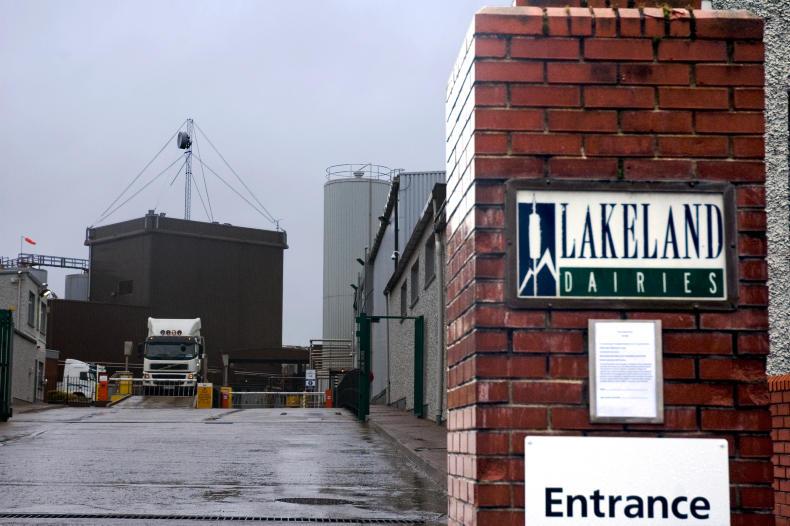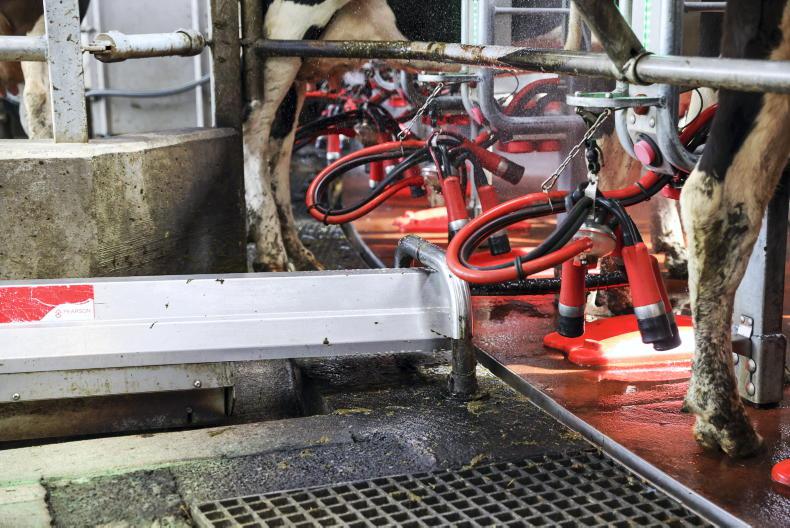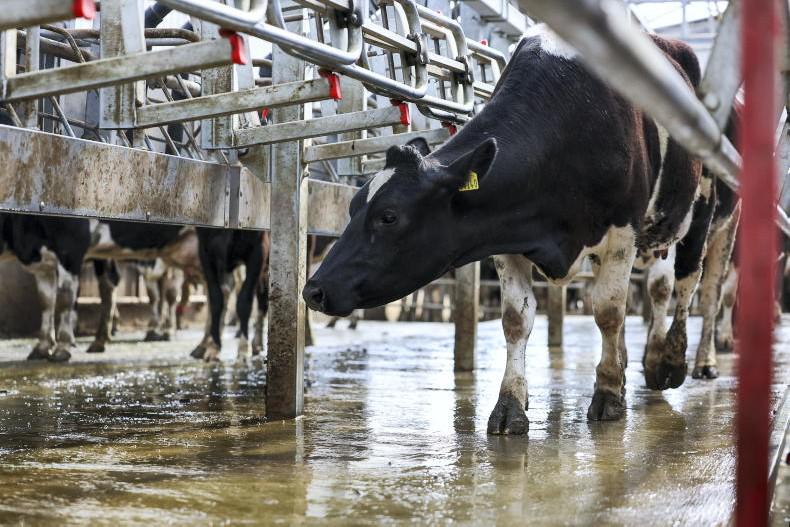Significant investment is required by processors where there has been significant growth in milk supply. Some processors have not enforced a share standard but others insist on an investment in a co-op shareholding.
Only two of our milk processors – Lakeland and LacPatrick – have said to their shareholders that they don’t want their suppliers to have a minimum number of shares in their co-op. Both these businesses are in discussions on a new business arrangement that will be put to a shareholder vote in the coming months.
Kerry milk suppliers also don’t require a minimum shareholding and Kerry have told suppliers that Kerry Group will pay for any future investment in milk processing if it’s required. Again, there are discussions ongoing on a number of issues between the board of Kerry Co-op and Kerry Group PLC.
The rest of the co-ops have set in place and are enforcing a share-up in their co-op to the required level as detailed in Table 1. Most of the co-ops are willing to spread the share-up investment over a number of years to lessen the burden on cashflow in the short term for those starting out in milk.
Arrabawn
Arrabawn has a set minimum standard that every supplier is to have 1,500 shares per 100,000 litres supplied. Share standard can be built up over three years if required.
Aurivo
Share standard is 3,000 shares per 100,000 litres. A three-year process is ongoing. On average, the starting point was about 0.5c/l per supplier.
Tipperary
Share standard is 3,000 shares per 100,000 litres supplied. There is no fixed term to have fully shared up in Co-op.
Glanbia
The existing share standard was one share per 115 litres or 870 shares per 100,000 litres. Under the new structure, the minimum share standard is 2,000 shares and non-shareholders can purchase shares.
Dairygold
Dairygold Co-op has asked its members to fund part of the equipment expansion to the tune of €50m and the remaining cost of expansion will come from bank borrowings and cashflow from the business.
In Dairygold Co-op, the year-to-year financial impact of signing milk supply agreements will vary depending on how much your milk supply grows, shareholding owned and what was your base milk supply between 2010 and 2012.
Kerry
Kerry have no minimum share contracts but has restrictions on the overall volume of milk that a supplier can produce. The limit is 120% of the quota owned in 2015. It also has a very long contract duration – 10 years.
Carbery
Like the rest of the co-ops, it has a minimum share standard and this varies depending on the growth in milk supply. Carbery also has a limit on the volume of milk a supplier produces and this is restricted to 140% of the quota owned in 2015, mainly due to the fact processing capacity is limited at its plant in Ballineen.
Lakeland
No minimum share-up required.
LacPatrick
A small minimum shareholding is required .









SHARING OPTIONS